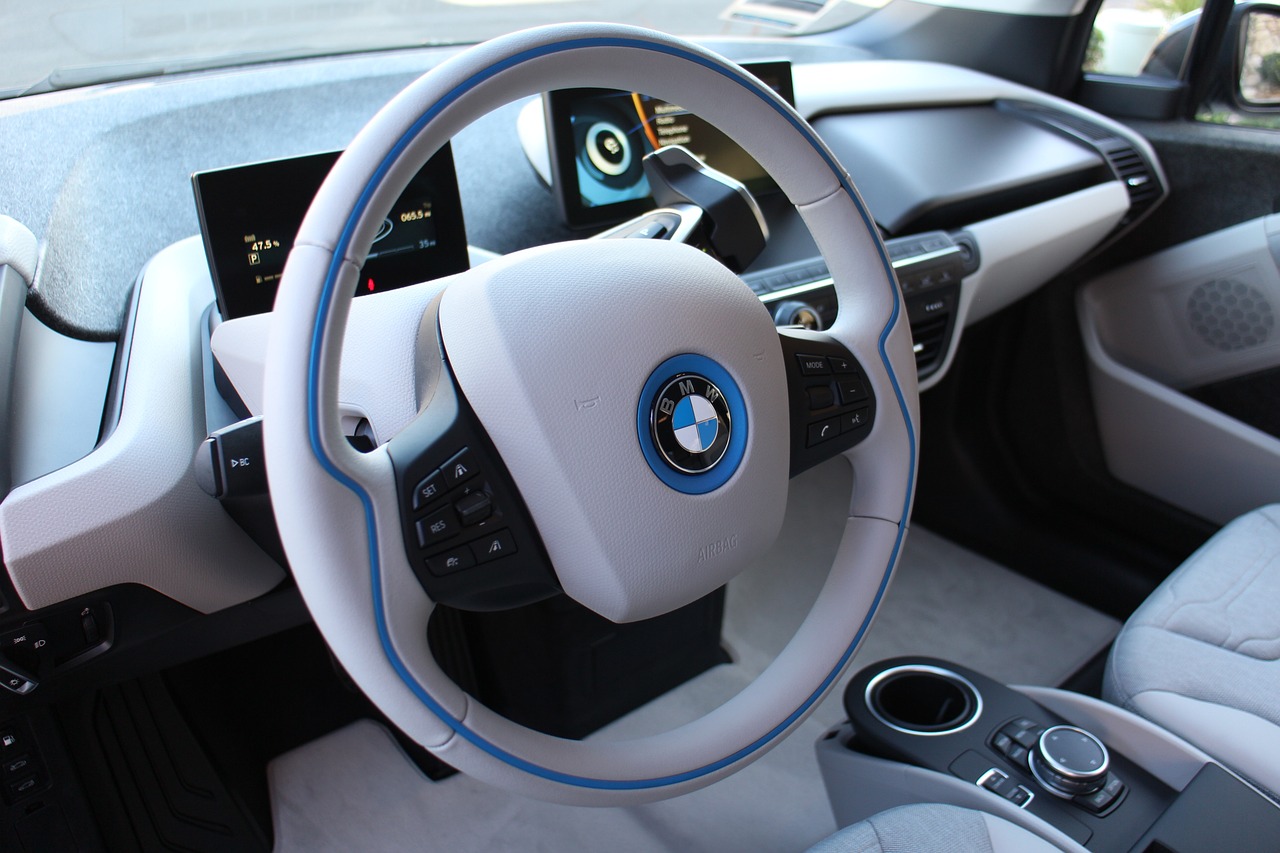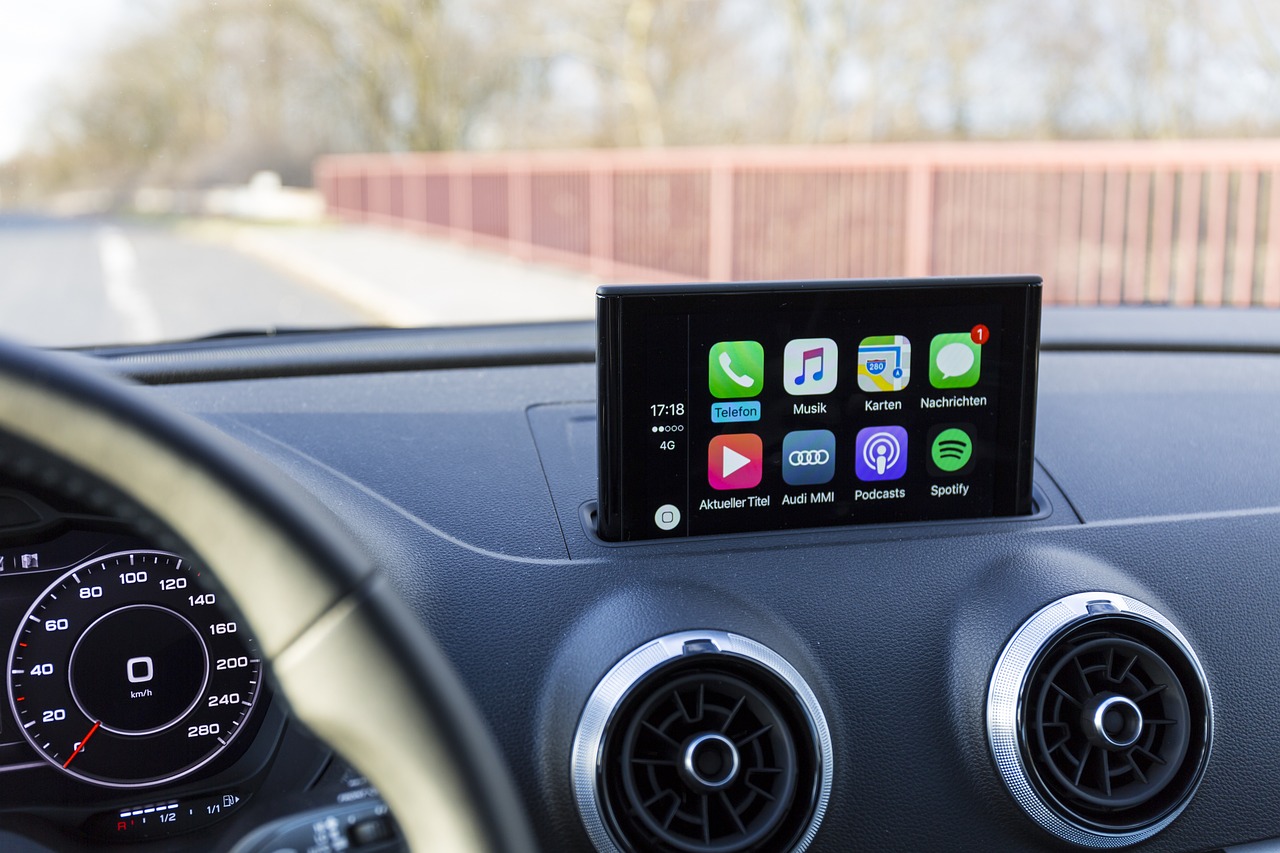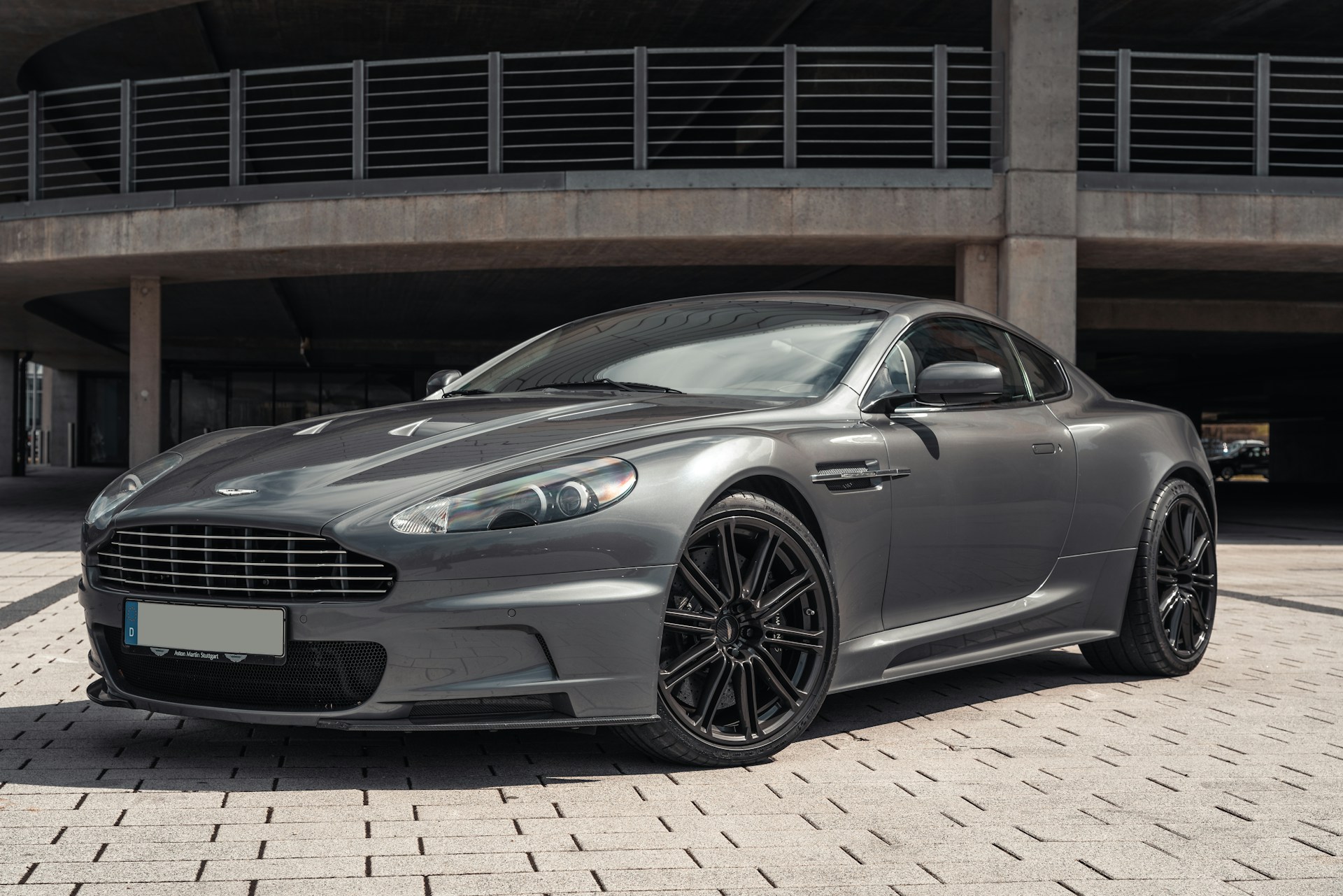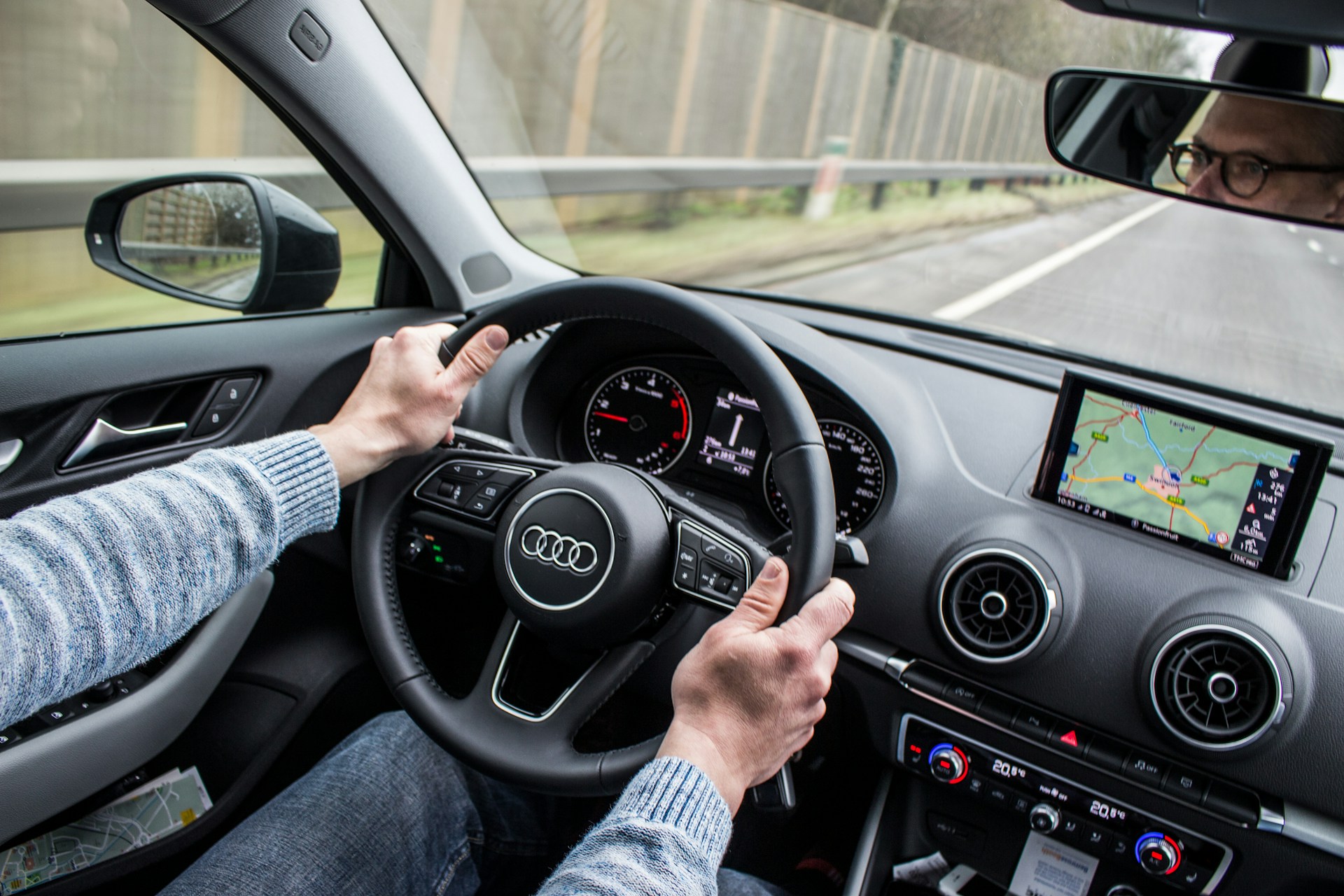BMW has recently announced the recall of 1.5 million vehicles due to issues related to its Integrated Braking System (IBS), which was manufactured by a third-party supplier. While the carmaker did not provide specific details regarding the nature of the problem, it acknowledged that it would incur significant warranty costs, potentially amounting to several hundred million euros.
This development has put BMW in a difficult position, forcing the company to revise its profit forecasts. The recall adds to an already challenging landscape for the Munich-based automaker, as it grapples with difficulties in the Chinese market. BMW has predicted a slight decline in sales in China, which has long been a key region for growth. As a result, the company’s profit margins in its automotive division are expected to shrink from as high as 10% to between 6% and 7%.
This is not an isolated incident for the German automotive industry. Another major player, Volkswagen (VW), has also been facing significant challenges. VW recently announced a sweeping cost-cutting initiative, which could include the closure of production plants and layoffs. The company is struggling to gain traction with its electric vehicle (EV) strategy, especially in the competitive Chinese market, where its ambitious EV push has been slower than anticipated.
The recall is a significant setback for BMW, which has been focusing on technological advancements in both electric and autonomous vehicles to maintain its competitive edge in the industry. With the Integrated Braking System issue, however, the company must now allocate resources to addressing safety concerns, which could delay its progress in other areas.
In the Chinese market, BMW’s problems are part of a broader slowdown that has affected several international car manufacturers. The Chinese economy, while still growing, is experiencing a deceleration in its expansion rate, and this has impacted consumer demand, especially for premium vehicles like those produced by BMW. The slight decline in sales, although not drastic, signals a shift in a market where BMW had seen consistent growth over the past decade.
Adding to the pressure is the global shift towards electric vehicles, which has proven to be both an opportunity and a challenge for traditional automakers. BMW, like its peers, has invested heavily in developing EV technology, but the transition has been slower than expected, particularly in key markets like China. The company’s ambitious plans for expanding its EV lineup have faced hurdles, including competition from local manufacturers and supply chain disruptions.
Volkswagen’s situation further highlights the struggles within the German automotive sector. With its cost-cutting measures and possible plant closures, VW is attempting to streamline its operations in the face of mounting pressure from both the market and regulatory bodies. The company’s electric vehicle rollout has been a focal point of its strategy, but the slow progress in China has been a significant obstacle.
Both BMW and Volkswagen are emblematic of the broader challenges facing the traditional automotive industry as it transitions into a new era of mobility. The shift towards electric vehicles, autonomous driving, and digitalization requires not only significant financial investment but also the ability to adapt to rapidly changing market dynamics. For BMW, the recall and the challenges in China serve as a reminder of how delicate the balance can be between innovation and maintaining profitability.
Despite these setbacks, BMW remains committed to its long-term goals. The company has reiterated its focus on developing next-generation technologies that will shape the future of transportation. However, in the short term, it must address the immediate issues caused by the IBS recall and the declining margins in China. The company’s ability to navigate these challenges will be crucial in determining its position in an increasingly competitive global automotive market.
The German automotive industry as a whole finds itself at a crossroads. While companies like BMW and Volkswagen have the resources and expertise to lead the charge towards the future of mobility, they must first overcome the obstacles of the present. Whether it’s addressing safety recalls, managing the transition to electric vehicles, or dealing with fluctuating market conditions in regions like China, the next few years will be critical for the industry’s long-term success.
Harry Matthews graduated with a degree in English Literature from the University of London and has written for various media outlets. Passionate about film, sports, high school sports, travel, and stand-up comedy, he primarily spends his free time listening to podcasts.












Got a Questions?
Find us on Socials or Contact us and we’ll get back to you as soon as possible.